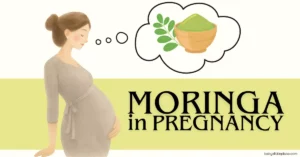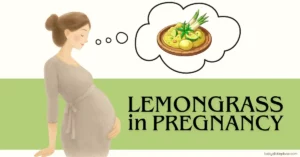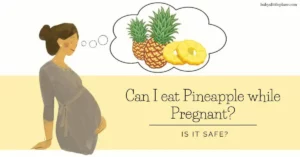Abstinence from alcohol during pregnancy and while breastfeeding is the most beautiful gift a mother can give to her baby.

Why shouldn’t you drink alcohol while pregnant?
Alcohol is the most commonly used psychoactive substance during pregnancy.
But alcohol passes through the placenta or breast milk to the baby! So, its consumption may affect the fetus’s brain development and cause permanent, irreversible mental underdevelopment.
Drinking alcohol during pregnancy endangers the pregnant woman, fetus, and causes problems when the baby is born.
If you have consumed alcohol before you find out you are pregnant, stop drinking immediately! Although rare, but in some cases, even a single intoxication caused severe consequences.
You can prevent all alcohol-related problems simply by not drinking it when planning your pregnancy, during pregnancy, and while you are breastfeeding!
Do not forget!
There is no safe use of alcohol during pregnancy!
Every time a pregnant or nursing mom drinks any alcoholic beverage, her child also consumes alcohol with it.
How can alcohol harm the baby?
Alcohol can damage a developing baby at any time of the pregnancy, causing problems that can last a lifetime. It can easily pass from the mother’s bloodstream through the placenta into the blood of the fetus. As a result, the alcohol concentration in the fetus’s blood becomes equal or even higher than in the mother’s blood.
The embryo is not able to decay alcohol as quickly as an adult, so its concentration in the baby’s blood remains high longer. Complications can occur already in pregnancy, during delivery, or even later.
Alcohol effect on embryo and pregnancy:
- miscarriage
- fetal death
- premature birth
Alcohol effects on the baby:
- a baby can be born underweight and with a shorter-than-average height
- the baby is irritable at birth
- baby doesn’t sleep
- the baby shakes and has cramps at birth
- sudden infant death may occur
- alcohol causes Fetal Alcohol Spectrum Disorder (FASD)
What is fetal alcohol spectrum disorder?
Fetal Alcohol Spectrum Disorder (FASD) is known as the leading cause of developmental disabilities in children. It is a permanent disorder where the brain and face are most affected.
FASD describes the range of alcohol effects on a child. The problems are physical or mental and can range from mild to severe.
Children with FASD have distinctive facial features, which get more apparent by age 2 or 3 years. A child may have:
- a small head
- flat face
- the smaller middle part of the face
- narrow eye openings
- a thin upper lip
- short nose
- skin fold in the eye corners
Babies with FADS have smaller brains, wherein in more severe cases, some parts of the brain didn’t develop at all.
Brain damage is reflected in:
- mental retardation
- learning disabilities
- attention disorders
- hyperactivity
- impulsivity
- memory and speech disorders
All of this can lead to an inability to live independently, drop out of school, mental disorders, and subsequent alcohol abuse.
RECENT POSTS:
- Moringa in Pregnancy: Is It Safe and What Are the Benefits?

- Is Lemongrass Safe During Pregnancy? What You Need to Know About Tea, Oil & More

- Is Ginger Safe in Pregnancy? Benefits, Dosage & Tips for Morning Sickness Relief

- Can I Eat Strawberries During Pregnancy? | Is It Safe?

- Can I Eat Pineapple While Pregnant? Myths, Benefits & Safe Tips Explained

- Can I Flush Baby Wipes? The Real Truth Behind “Flushable” Wipes

